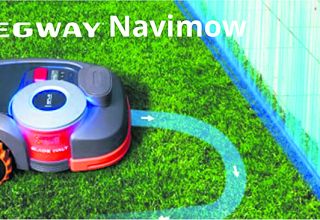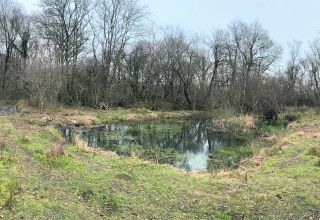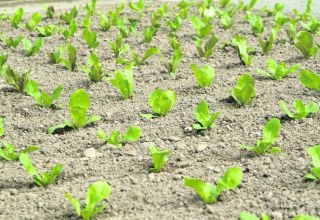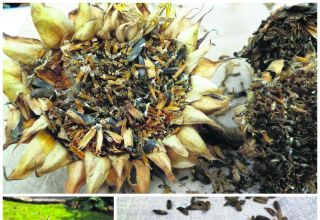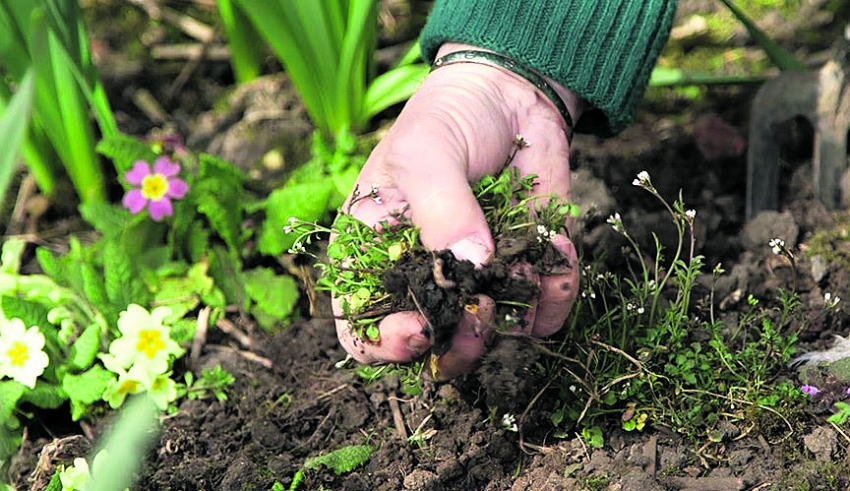
It may not be possible to entirely keep your garden free from weeds but if you need to keep winning the weed battle you need a strategy
If you were to track every hour spent in your garden, you would probably find that you do an inordinate amount of weeding. And while the first few weeks of tearing up these intruders can prove mildly satisfying, the chore soon wears thin. Even more maddening—you are a few simple strategies away from your garden not needing weeds anymore.
Let sleeping weeds lie
Kill weeds at their roots but leave the soil-and dormant weed seeds—largely undisturbed.
Every square inch of your garden contains weed seeds, but only those in the top inch or two of soil get enough light to trigger germination. Digging and cultivating brings hidden weed seeds to the surface, so assume weed seeds are there ready to erupt, like ants from an upset anthill, every time you open a patch of ground. Dig only when you need to and immediately salve the disturbed spot with plants or mulch.
Keep in mind that weed seeds can remain dormant for a long, long time.
Mulch, mulch, mulch
Mulch benefits plants by keeping the soil cool and moist and depriving weeds of light. Organic mulches, in particular, can actually host crickets and carabid beetles, which seek out and devour thousands of weed seeds.
Some light passes through chunky mulches, and often you will discover—too late—that the mulch you used was laced with weed seeds. It’s important to replenish the mulch as needed to keep it about two inches deep (more than three inches deep can deprive soil of oxygen).
If you’re a new gardener—or you’re working in a wild and weedy space—the first season will likely be a rough one. Commit and stick to a weeding schedule, and don’t take on more space than you can manage. If you have more weeds than you can handle, keep weedy areas mowed until you’re ready to conquer them.
The old saying ‘Pull when wet; hoe when dry’ is wise advice when facing down weeds. After a drenching rain, stage a rewarding weeding session by equipping yourself with gloves, a sitting stool, and a trug for collecting the corpses. As you head out the door, slip an old table fork into your back pocket because there’s nothing better for twisting out tendrils of henbit or chickweed. When going after bigger thugs, use a weeder to pry up taprooted weeds, like dandelion or dock.
Under dry conditions, weeds sliced off just below the soil line promptly shrivel up and die, especially if your hoe has a sharp edge.
Lop their heads off
When you can’t remove weeds, the next best thing is to chop off their heads. With annual weeds, dead-heading buys you a few weeks of time before the weed ‘seed rain’ begins. Cutting back the tops of perennial weeds, like bindweed, reduces reseeding and forces them to use up food reserves and exhaust their supply of root buds, thus limiting their spread.
Water the plants you want, not the weeds you’ve got
Put drought on your side by depriving weeds of water. Placing drip or soaker hoses beneath mulch efficiently irrigates plants while leaving nearby weeds thirsty. In most areas, depriving weeds of water reduces weed-seed germination by 50 to 70 per cent. Watch out, though, for the appearance of deeply rooted perennial weeds, such as bindweed in areas that are kept moist. They can take off in a flash when given the benefits of drip irrigation.
Enriching your soil with organic matter every chance you get can move your garden along down the weed-free path. Soil scientists aren’t sure how it works, but fewer weed seeds germinate in soil that contains fresh infusions of good compost or organic matter.
One theory makes elegantly simple sense: When soil is healthy and well fed, weed seeds sense that they are out of a job and are less likely to appear.

